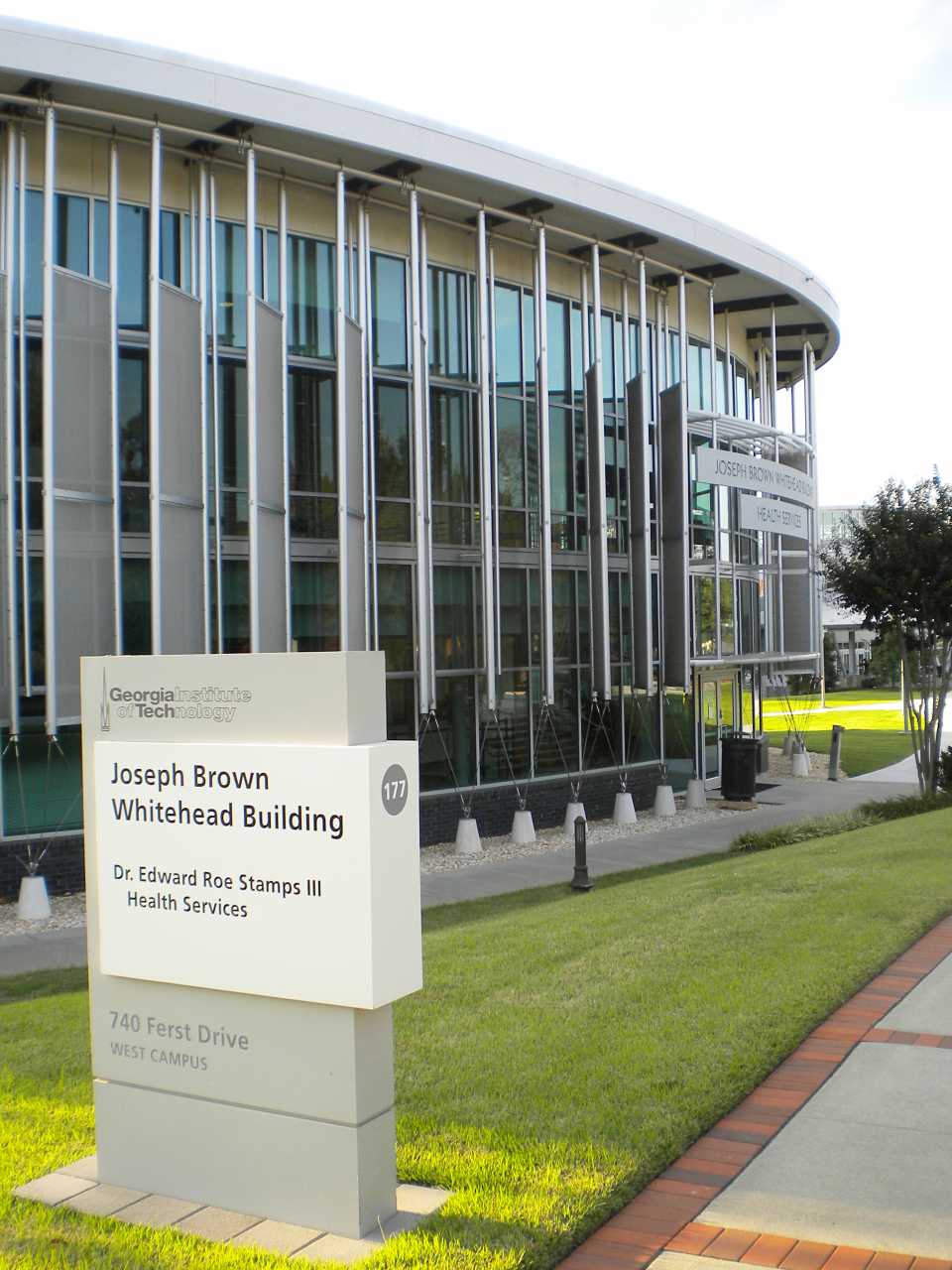A six dollar increase to the mandatory student health fee may be underway for next year.
The Mandatory Student Fee Advisory Committee (MSFAC) recently recommended this increase, pending approval from the Institute President G.P. “Bud” Peterson soon and by the Board of Regents in April before its final implementation.
“We approved the health fee unanimously because it is a much-needed one, given the strain the operations are under at Stamps,” said Undergraduate SGA President Eran Mordel in an e-mail. “Staying healthy (physically and mentally) is a top priority for us as students, and to maintain the high quality of service at Stamps with competitive salaries, prices, etc., this fee is necessary.”
The health fee has increased 4.3 percent over the last ten years, lower than any of the other mandatory student fees
The student health fee, which currently requires the majority of the student body taking more than four credit hours to pay $154 each semester, helps pay for most costs incurred by students when they visit Stamps Health Services. Compared to peer institutions, the fee is lower than Stanford’s health fee of $251 and UGA’s health fee of $191.
In addition, the health fee has increased 4.3 percent over the last 10 years, a smaller increase than any of the other mandatory student fees.
“We have been getting complaints from students that it is increasingly hard to get an appointment at Stamps,” said Senior Director of Health Services Dr. Gregory Moore, in an email. “Obviously this concerns us and is understandable since we have seen an increase in patient visit volume of almost 20 percent since this academic year started and we are at capacity.”
According to Moore’s presentation to MSFAC, the projected total number of appointments for FY2013 is 32,922, which is an increase of over 3,000 appointments made in FY2012.
“We…propose to increase appointment availability by building out and staffing a third primary care clinic on the second floor. Doing so will add an additional 100 available appointments per week,” Moore said.
The cost of adding another primary care clinic amounts to $500,000. Half of the funds for this investment, according to Moore, will come from this fee increase. The other half will be used from the reserve fund.
“Any increase in costs from electricity to medical equipment to salaries has to come out of funds generated primarily through the health fee,” Moore said. “Therefore we need reserves to be available when high cost items such as x-ray machines or laboratory equipment need to be replaced. As a result, we are very careful how we spend these reserves, but feel that this need for increased appointments justifies the expenditure.”
The Athletic Association also requested a fee increase of six dollars, but was refused in a unanimous vote.
“The AA didn’t provide a good enough case for what students’ benefits would increase from the fee increase,” said MSFAC chair Daniel Farmer. “[Also because of] some recent financial mismanagement, the committee felt that there wasn’t a great feeling of confidence in the way that the AA represented their finances.”
In order to gather feedback about student fees from the student body, MSFAC engaged with the Undergraduate House of Representatives and the Graduate Student Senate to gauge student reception to this fee increase. MSFAC also used Reddit to solicit student input.
“There was…really positive feedback about the health fee increase,” Farmer said. “Most students thought ‘I really like health services [and] they do a good job with their money.’ There was only one negative response and that was ‘I don’t like any fees at all.’”
